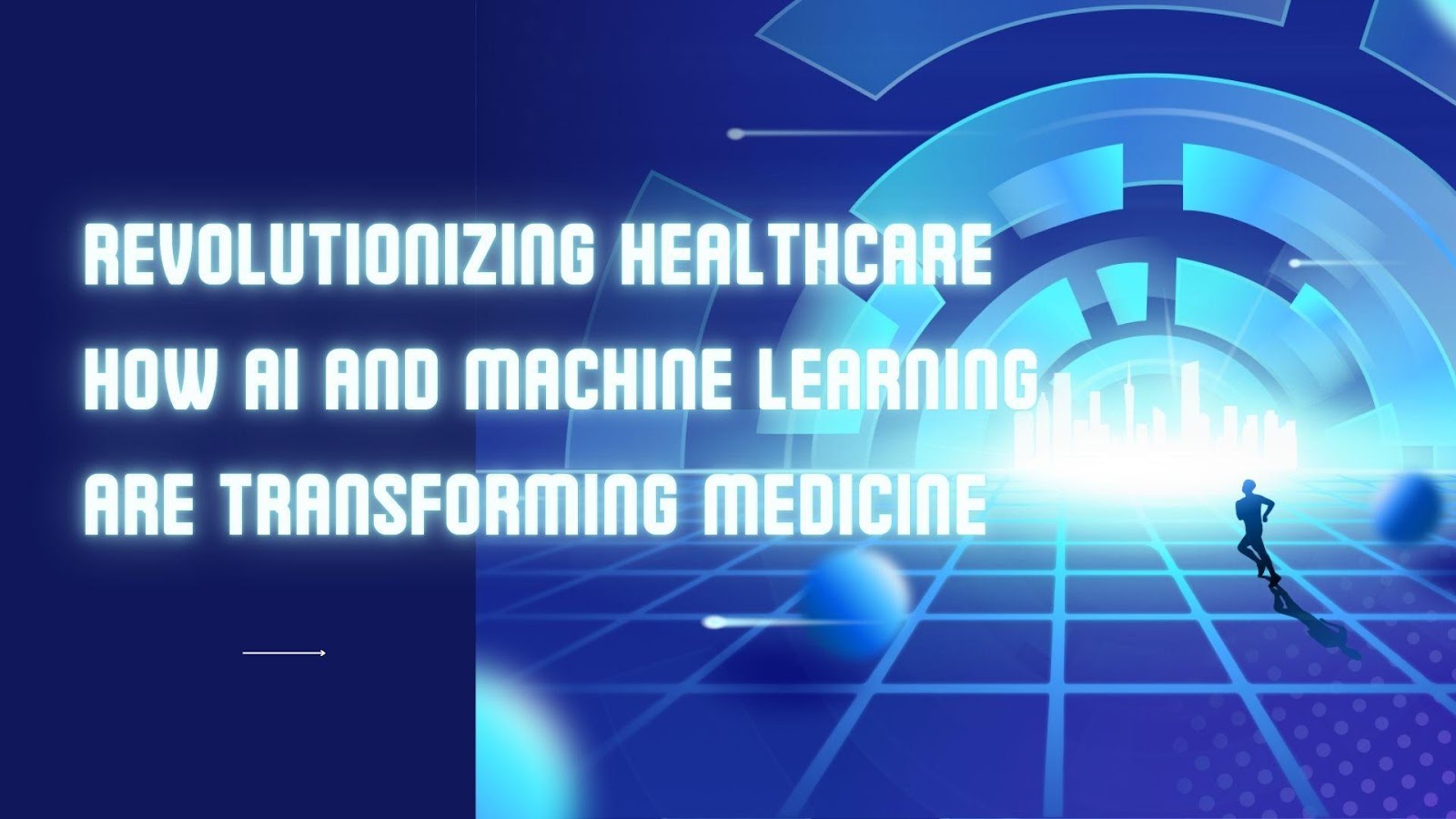Artificial Intelligence (AI) and Machine Learning (ML) are reshaping modern healthcare by introducing innovative solutions that enhance diagnosis, treatment, and patient care. Sriker Reddy Palla, an expert in AI-driven healthcare solutions, explores these advancements in his latest work. His research sheds light on how AI is not just augmenting traditional medical practices but revolutionizing them.
The Rise of AI in Healthcare Diagnostics
The adoption of deep learning models has significantly improved diagnostic precision. Convolutional Neural Networks (CNNs) and Recurrent Neural Networks (RNNs) are being leveraged to analyze medical imaging, enabling faster and more accurate diagnoses. AI-driven radiology tools, for example, have demonstrated a 92.4% accuracy rate in detecting abnormalities in chest X-rays, surpassing conventional methods. By accelerating image processing and reducing human error, AI ensures early detection of diseases like cancer and cardiovascular conditions.
Predictive Health Monitoring for Proactive Care
AI-powered predictive health monitoring is transforming patient care by identifying potential health risks before symptoms manifest. Machine learning algorithms can analyze real-time patient data, detecting early warning signs of chronic diseases. In studies involving thousands of patients, AI-based monitoring systems reduced emergency incidents by nearly 29%, allowing healthcare providers to intervene proactively. These systems are particularly effective in managing diabetes, heart conditions, and neurodegenerative diseases, significantly improving long-term patient outcomes.
Personalized Medicine: A New Era of Treatment
One of the most promising innovations AI brings to healthcare is personalized medicine. Traditional treatment approaches often follow a generalized protocol, but AI-driven analysis of genomic data allows for tailored treatments based on individual genetic profiles. With an accuracy rate exceeding 95%, AI-enhanced genomic sequencing can identify disease risks and optimize medication plans. This advancement not only improves treatment effectiveness but also reduces adverse drug reactions, making healthcare more patient-centric.
Enhancing Efficiency with AI-Driven Clinical Decision Support
AI-powered clinical decision support systems (CDSS) are improving efficiency in hospitals and medical centers by analyzing vast amounts of patient data to suggest optimal treatment plans. These systems help physicians make evidence-based decisions, reducing diagnostic errors and optimizing workflow. Hospitals integrating AI-based CDSS have reported a 31% decrease in diagnostic errors and a 42% reduction in patient monitoring time, ultimately improving healthcare delivery speed and accuracy.
Cloud Computing and Big Data in Healthcare
The integration of cloud computing and big data analytics in healthcare has revolutionized data management. AI-powered cloud platforms process massive volumes of medical data in real time, enhancing research capabilities and treatment strategies. With AI, healthcare facilities have increased their data processing efficiency by over 60%, enabling faster access to patient records and reducing operational costs. Additionally, cloud-based AI models facilitate remote diagnostics, expanding medical services to underserved regions.
Addressing Challenges: Data Privacy and Regulatory Compliance
Despite its benefits, AI implementation in healthcare comes with challenges, particularly concerning data security and regulatory compliance. Protecting patient data while ensuring compliance with evolving regulations requires sophisticated encryption and privacy-preserving AI techniques. Organizations adopting federated learning and advanced cybersecurity measures have significantly improved data protection rates while maintaining AI model efficiency. As AI adoption grows, establishing standardized regulations will be crucial to maintaining ethical and secure healthcare practices.
In conclusion,the integration of AI into healthcare is not just a technological advancement but a fundamental shift in how medicine is practiced. As machine learning models continue to evolve, they will play an even greater role in disease prevention, early diagnosis, and customized treatment. AI’s ability to analyze vast datasets in real time will further bridge the gap between medical research and clinical application, ultimately leading to a more efficient and effective healthcare system.Sriker Reddy Palla’s insights highlight how AI-driven innovations are poised to reshape modern healthcare. While challenges remain, the progress made so far demonstrates AI’s transformative potential in delivering personalized, efficient, and proactive medical care.



































